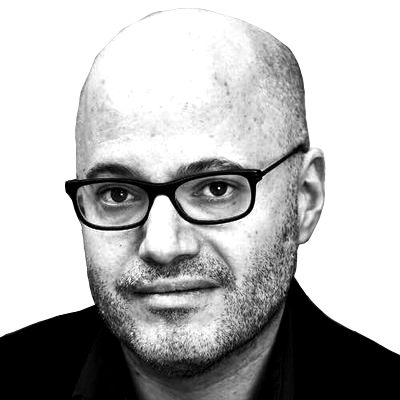Early in Lucinda Williams’s memoir, she recalls waiting outside Flannery O’Connor’s house, in Milledgeville, Georgia. It was 1960 and Lucinda was eight; her father, Miller, was a fledgling poet and an itinerant professor. Miss O’Connor was unable to receive her guests because she was busy writing. “You can wait on the porch,” said the housekeeper. Eventually, Daddy got to meet with Miss O’Connor, and Lucinda stayed outside and chased Miss O’Connor’s peacocks.
Lucinda would read O’Connor later, at 16, and even later realized it would be a long time until the world waited on her too. Her father was a gypsy scholar for years, preparing Lucinda for a life on the road: Iowa; Vicksburg, Mississippi; Macon, Georgia; Baton Rouge, Louisiana; Santiago, Chile—an exhausting itinerary for a civilian, but a Baedeker for a troubadour.


